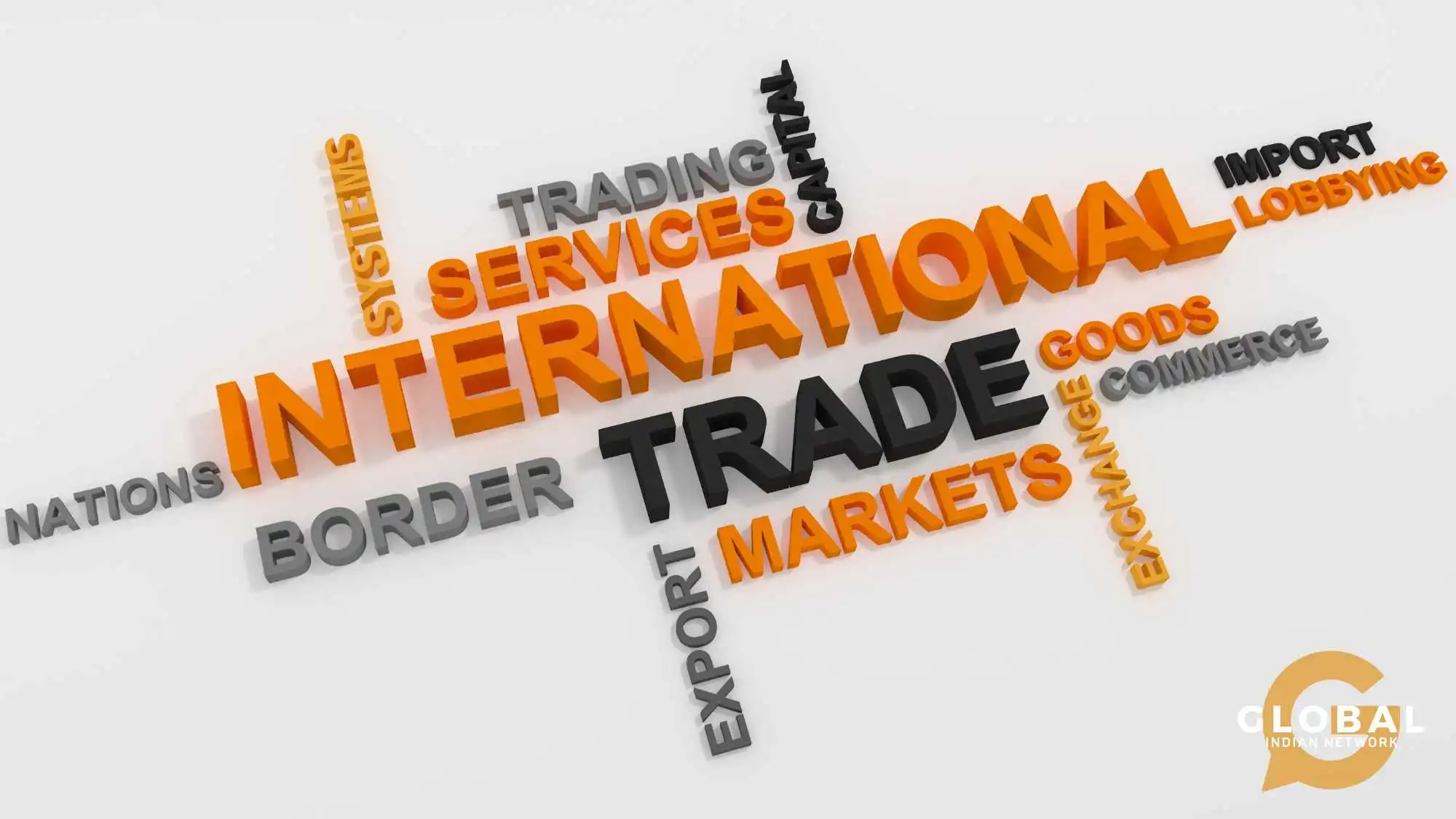International trade lies at the heart of a globalized economy and thrives on competition.
It is a hub of creativity, pushes down prices, and offers consumers various goods and services.
However, this smooth international trade system can be easily disrupted by anti-competitive practices adopted by governments and private sectors.
This blog examines anti-competitive policies in international trade law, their impact, and how they have been addressed.

Table of Contents
Understanding Anti-Competitive Policies in International Trade Law
Anti-competitive policies are actions taken by the government to manipulate competition in the market structure such that their measures favour the domestic market or particular companies in it.
Forms of Anti-Competitive Policies
1. Non-tariff barriers such as complex customs or technical regulations.
2. Import restrictions such as quotas and tariffs.
3. State-owned enterprises.

The Effect of Anti-Competitive Policies on International Trade Law

Anti-competitive conduct, whether by businesses or the government, has several adverse effects on the market.
Here’s how:
Limited Variety
When competition is curbed, the variety of goods and services consumers receive is also reduced. Besides increasing prices, this also impacts innovation since organizations have less incentive to create new products.
Lack of Efficiency
Anti-competitive policies often lead to inefficient resource allocation. The companies that the government supports may not be the best producers, which may negatively influence overall economic development.
Trade Wars
Anti-competitive policies may potentially lead to trade wars.
For instance, if a certain country perceives another country to be engaging in anti-competitive policies, they may resort to retaliatory measures to counter it. This could lead to a trade war that could disrupt the global market.

Legal Frameworks for Addressing Anti-Competitive Policies in International Trade Law
Fortunately, international trade law has set legal frameworks to facilitate a fair interaction between trade in relevant markets through anticompetitive conduct:
Domestic Laws
Most countries have established domestic laws that prohibit anti-competitive practices within the country. These laws often align with international trade rules.
Regional Trade Agreements (RTAs)
Most regional trade agreements comprise specific chapters on competition policy that include in-depth rules on subsidies, state-owned enterprises, and other anti-competitive practices.
The World Trade Organization
Although it mainly focuses on trade liberalization, the WTO acknowledges the importance of fair competition. The General Agreement on Tariffs and Trade (GATT) Article 22 permits countries to retaliate against certain anticompetitive restraints by governments.
Steps to Building a Fairer Trade Environment

Although international trade law has established some crucial legal frameworks, the challenges of anti-competitive policies persist.
Fostering international cooperation is a great way to build a fairer trade environment. Countries can easily share more information and investigate anti-competitive practices.
Additionally, making transparency more common, such as in government policies or procurement practices, can help reduce anti-competitive behaviours.
Moreover, developing countries should be assisted with resources and technical assistance to allow them to implement effective competition laws.
Conclusion
Anti-competitive policies in international trade law can cause significant harm to the global trading system, negatively impacting consumers and halting economic growth.
We can transition towards a fairer business landscape by boosting international cooperation, promoting transparency, and building capacity to ensure a more prosperous global trade environment.

FAQs
What is an example of an anti-competitive act?
Anticompetitive practices include price fixing and group boycotting.
What is the concept of anti-competitive agreements?
Anti-competitive agreements among competitors aim to restrict, prevent, or distort competition.
What is the main purpose of the antitrust law?
Developed by governments, antitrust laws protect consumers from unfair business acts such as restrictive practices and other anti-competitive effects. They also aim to maintain fair competition in the national market.
Antitrust laws are statutes developed by governments to protect consumers from predatory business practices and ensure fair competition.










[…] Equity and local economy: Safe and equitable places are needed to live and work. This would support local prosperity and international fair trade. […]
[…] to millions of dollars in illicit fund laundering, which resulted in tax revenue loss and increased international trade partner […]